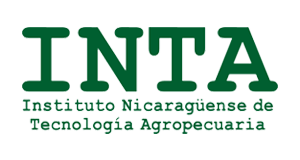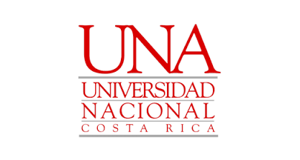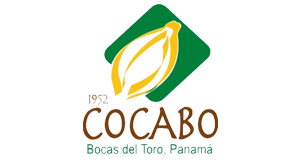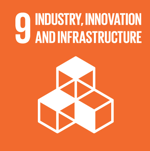Mesoamerican origin cocoa
A territorial valorization strategy is proposed for technical study and capacity building focusing on the differentiation of fine and aromatic cocoa of Mesoamerican origin through the promotion of Geographical Indications (GIs).
Context of the story
The Mesoamerican region has been fundamental in the domestication and diversification of Theobroma cocoa, constituting a prominent origin of fine cocoa produced from Criollo and/or Trinitario varieties. Nonetheless, fine cocoa remains insignificant in the cocoa world market, whereas its production is crucial in the economy and culture of multiple indigenous, afro-Caribbean and mestizo communities, living mostly in isolated rural regions in Central America. Fine cocoa is the key ingredient in making bean-to-bar chocolates, products of small artisan businesses around the world.
Geographical Indications for Mesoamerican Cocoa
The implemented initiative
This project aims to identify territorial factors key to differentiating quality of origin-specific cocoa for the development of Geographical Indications (GIs). The project will facilitate the collective management of innovation, increasing added value, the protection of biocultural heritage and the promotion of territories traditionally bound to cocoa production. Integral strategies will be developed for the identification of extrinsic and intrinsic quality of cocoa beans. Studies will include historic-cultural aspects, typologies of production systems, agronomical and post-harvest practices, as well as quality profile analysis. Furthermore, the project will establish actions for the generation of key organizational capacities for the implementation and sustainability of GIs.
Differentiation of Mesoamerican origin cocoa beans.
The technological solution
This project proposes the revitalizing territories and promoting cocoa beans originating from regions linked to quality and prestige, with historical recognition, through the coordination of multidisciplinary studies directed at protecting biocultural heritage and fostering innovation. The project corresponds to a regional, interorganizational and interinstitutional effort in 16 territories of Honduras, Nicaragua, Costa Rica and Panama. It is projected to impact at least 56 organizations, including about 8,000 farmers. The development of techniques and determination of tangible aspects will be followed by actions for developing organizational capacities, imperative for the implementation and sustainability of GIs. Thus, efforts will dedicated to developing capacities for establishing the Control Boards (or Regulatory Councils) of the recognized regions and to promote a Mesoamerican Control-Board network for the collaborative promotion of GIs, co-creation, innovation, training, and experience exchange.
Cocoa authenticity is becoming an important issue due to the growing market of high-quality, single-origin cocoa. Cocoa of different geographical origins have different organoleptic characteristics and influence the final quality of chocolate
Participating countries
Type of project
Results
A territorial valorization strategy is being implemented aimed at developing studies as well as promoting the development of capacities for implementing Geographical Indications for the protection of differentiated fine cocoa beans of Mesoamerican origin. Studies will include analysis for determining the genomic diversity of cocoa plantations in the proposed territories. Next-generation sequencing (NGS) will be applied for the identification of microbiological differentiating factors with relevance to quality. Chemometric analysis (GC-MS, HPLC, NIR) for the generation of Geographical discriminating models will be developed by implementing a multivariate approach using algorithms based on Machine Learning principles. The results will facilitate technical analysis as the models will enable methods for validation, traceability, and authentication. Actions are established for the development of organizational capacities, imperative for the implementation and sustainability of GIs.

 Back to the project
Back to the project Costa Rica
Costa Rica Honduras
Honduras Nicaragua
Nicaragua Panama
Panama Spain
Spain










